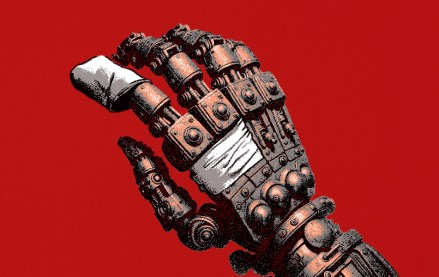
Sean O’Neal is the global CMO of Mail Online.
The quantity of content that is available today online is daunting. In the last 10 years, more editorial content has been distributed on the Internet than in all other forms of media over the previous 100 years. Traditional publishers, bloggers, curators, aggregators and even automated programs are filling the Web with billions of pieces of content every day. Some of it is designed simply to grab the attention of search engines in order to produce page views against which ads can be sold. That content can be vapid and transparent for its intent.
Let’s focus for the moment on real stories generated by real journalists and how technology can help them make packaging decisions that enhance their media brand.
Much like in the world of advertising, there are now powerful technologies that enable
publishers to generate, measure and optimize the content they develop, and where, when and how they distribute it. Analytics programs can inform on trending topics in real time, readership data can help optimize engagement rates and algorithms can help determine the best placements of text, photos and video for maximum exposure. The end result is an editorial experience “optimized” by readers who, with their attention, “vote” on the stories they like best. These are incredible advancements in media, and the savviest publishers are embracing them.
These tools provide for incremental reading environment improvements, but they are not a substitution for editorial instinct. The most brilliant journalists have spent years honing their craft. Investigative reporting, disciplined fact-checking and editorial integrity are real, and they cannot be programmed. The intuition that leads a reporter to a scoop, the feeling that a story should or should not be published, the sense of timing that can only come from years of disciplined journalism — these are the human qualities that connect us to great editorial.
And they are rare and special qualities. So what happens when a publisher possesses these talents as well as a black belt in data, analytics and content optimization? Media evolves. Consumer value increases. Marketing opportunities are transformed.
The technology-driven ways of optimizing content in new media are not a threat to publishing. Quite the opposite. They present an exciting opportunity for advancement. But the opportunity is truly realized when driven by that editorial “gut” that can only come from the human experience.
Image via Shutterstock
More in Media

Earnings from social and search players signal that AI will be a long-play investment
Giants like Google, Meta and Microsoft say investors and advertisers might have to wait longer for AI to generate a better return on investment.

Why some publishers aren’t ready to monetize generative AI chatbots with ads yet
Monetization of generative AI chatbot experiences is slow going. Some publishing execs said they’re not ready to add advertising to these products until they scale or can build a subscription model first.

Media Briefing: Publishers who bet on events and franchises this year are reaping the rewards
Tentpole events and franchises are helping publishers lock in advertising revenue.





